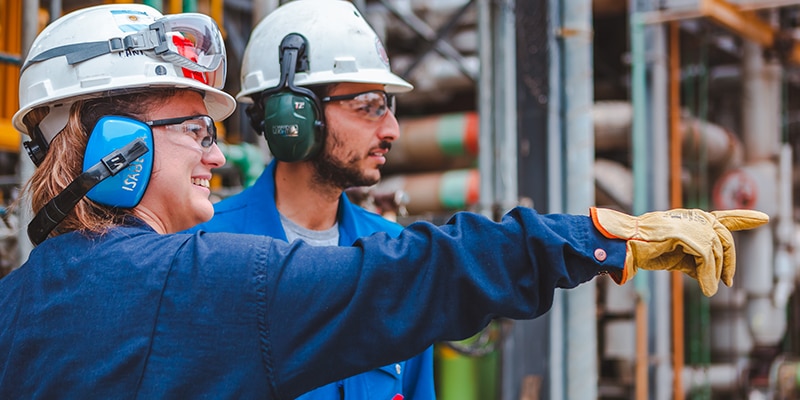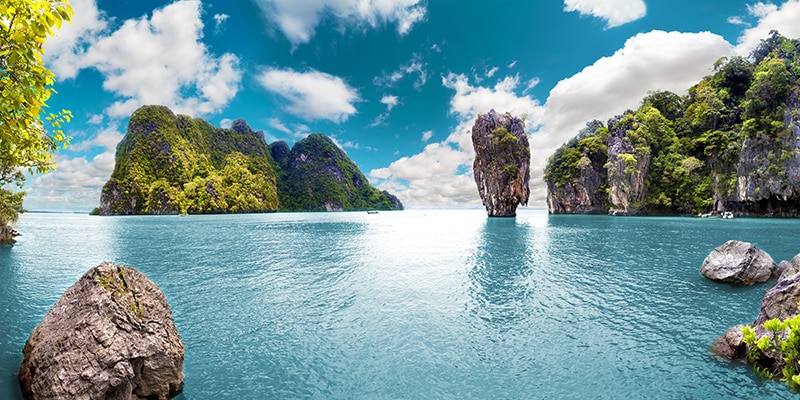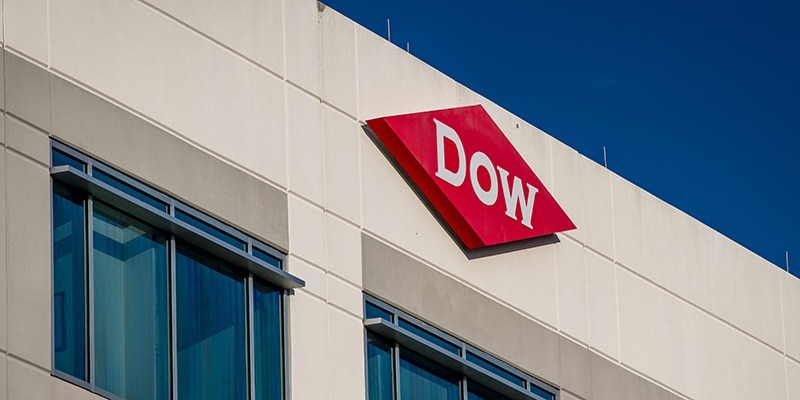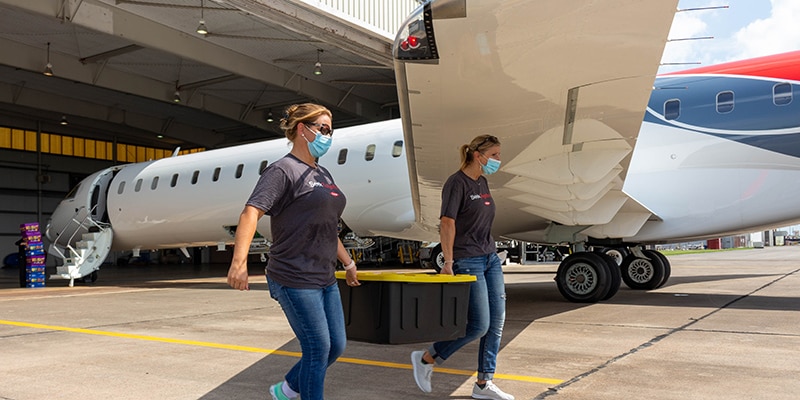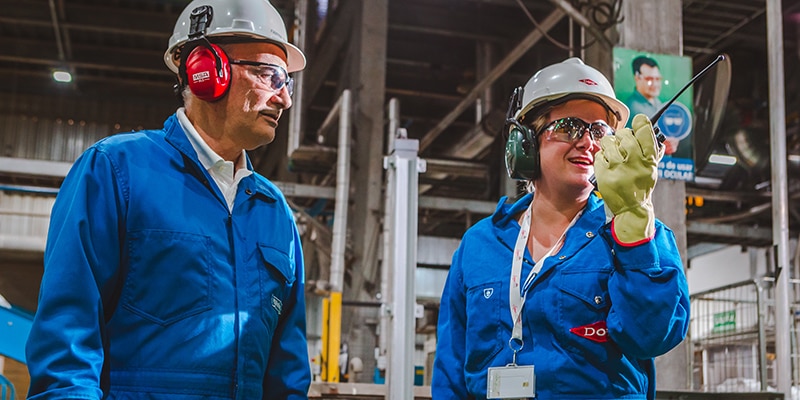Bhophal Site Remediation
According to media reports, various groups have made assessments of the groundwater quality at the Bhopal site through the years. These reports have had varying conclusions. In a report to the State of Madhya Pradesh dated June 2010, India's National Environmental Engineering Research Institute concluded that the "groundwater in general is not contaminated due to seepage of contaminants from the UCIL" plant site. This conclusion is consistent with NEERI's earlier findings that all groundwater samples tested were within drinking water standards. By 2010, Union Carbide India Limited (UCIL) no longer controlled the site in any event. If there is subsequent contamination, it is the responsibility of the Madhya Pradesh government, which took over the site in 1998.
Responsibility for the clean-up of the Bhopal site lies with the Madhya Pradesh State government. In 1998, several years before UCC became a subsidiary of TDCC, the Madhya Pradesh State Government took over the facility and assumed all accountability for the site, including the completion of any additional remediation. The Bhopal plant site remediation is currently the subject of separate litigation in the High Court, State of Madhya Pradesh.
Previously, three lawsuits were brought in the United States federal court in New York, seeking to hold UCC liable for alleged damages caused by pollution at the plant site. All three cases were decided in favor of UCC, and the decisions exonerating UCC were upheld on appeal.
Notably, in June 2013 the U.S. Court of Appeals for the Second Circuit ruled that UCC is not liable for any environmental remediation or related site environmental consequences at the Bhopal plant site in India. The Court stated: “[M]any others living near the Bhopal [India] plant may well have suffered terrible and lasting injuries from a wholly preventable disaster for which someone is responsible. After nine years of contentious litigation and discovery, however, all that the evidence in this case demonstrates is that UCC is not that entity.”
For further details on the U.S. cases -- to which Dow was not a party -- see Union Carbide's "Bhopal Litigation in the U.S." page at http://www.unioncarbide.com/bhopal.
The 2010 Curative Petition also seems to seek recovery of remediation costs, unrelated to the 1984 gas leak, to clean up the Union Carbide India Limited (UCIL) plant site. The State of Madhya Pradesh, however, is in the best position to evaluate all available scientific information, to complete whatever remediation may be necessary and to make the right decision for Bhopal. In 2010 the Ministry of Chemicals and Fertilizers of the Government of India announced that the clean-up would be undertaken and completed by the state. This commitment should be honored.
The Supreme Court of India has previously considered and rejected the argument that additional funds might be required by any parties to the settlement agreement. The settlement of $470 million, which ultimately resulted in payouts to victims of nearly double that amount, was negotiated between the Government of India and UCC and Union Carbide India Limited (UCIL), and approved by the Supreme Court of India in 1989. In 1991 and 2007, the Court considered the adequacy of the settlement, including input from a variety of stakeholders, ruling each time that it was fair and adequate. In its 1991 reaffirmation of the 1989 Bhopal settlement, the Court required that the Government of India be responsible for any potential shortfall in the settlement account.
Indeed, as recently as 2006, the Government of India filed an affidavit with the India Supreme Court asserting that the settlement was appropriate and reasonable and that it should not be revisited. In its 2007 decision, the India Supreme Court agreed with this view. At that time, it was noted that the actual amount awarded to individuals and families had been higher than prescribed, with no new claimants stepping forward. In fact, the Government of India, through its Welfare Commissioner, reaffirmed the fairness and completeness of the 1989 settlement agreement and its implementation in November 2010.
The Government of India has paid all claimants it deemed were qualified to receive compensation. In its 1991 affirmation of the 1989 settlement between the Union of India, UCC and Union Carbide India Limited (UCIL), the Supreme Court required that the Government of India be responsible for any potential shortfall in the settlement account and for acquiring a medical insurance policy to cover 100,000 people who might later develop symptoms shows to have resulted from being exposed during the gas release.
The Government of India established the qualifying criteria for claimants and administered distribution of the settlement fund.
In its 1991 reaffirmation of the 1989 Bhopal settlement, the India Supreme Court required the Government of India to make up for any potential shortfall in the settlement amount and to acquire a medical insurance policy to cover 100,000 people who might later develop symptoms shown to have resulted from being exposed during the gas release. The Government of India did not challenge these directives from the Supreme Court when this ruling was issued. No such shortfall occurred. In fact, the settlement fund was sufficient to compensate all qualified claimants at double the amounts the Government of India set as fair compensation. Therefore, any issue regarding additional payments should be resolved directly by the Government of India.

